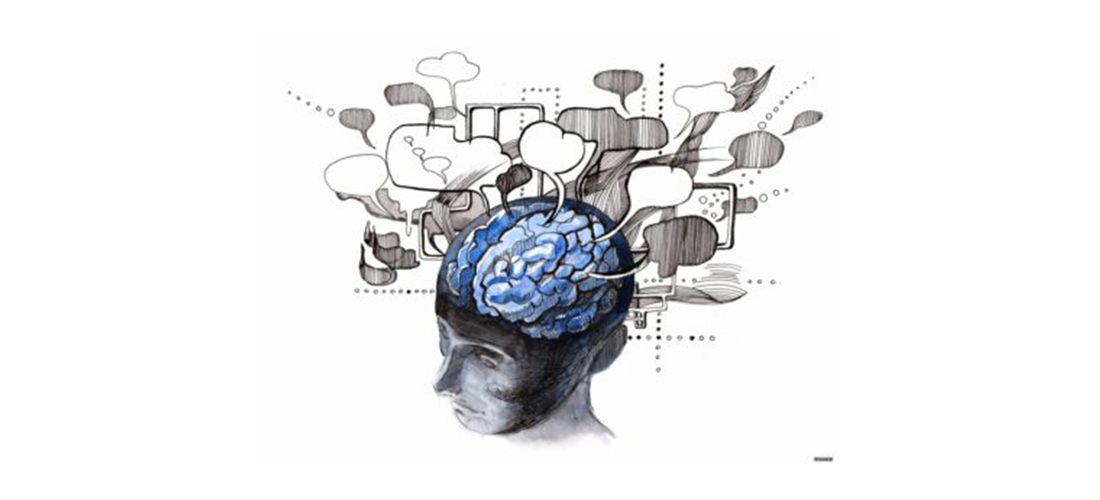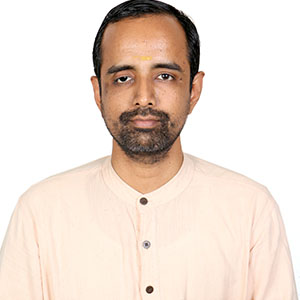
Tantrayukti – Indic Method of Thesis Construction
Tantrayukti is the discourse-binding rationale employed in the form of conventions used in Indic knowledge texts. Employing these devices in thesis/text writing ensures coherence and conciseness in the expression of thoughts and arguments in defending the concepts. This course is aimed to revive this glorious tradition for authentic study of Indic knowledge as well as contemporary applications.
Faculty
Introduction
Research methodology is an important subject for any research scholar. India has its own homegrown methodologies and techniques of research including specialized textual structures, coding and interpretation of content in large-volume texts and strict conventions of discourse. The present course, in the current day context, gives an insight into India’s systematic approach to thesis/text construction through an ancient set of devices called Tantrayukti, in terms of its content, structure and the language.
Objectives
- Develop a basic understanding of building blocks of a thesis/text.
- Exposure to classical Indian systematic approach to organize thoughts of any subject
- To learn the attributes of a good thesis/text and common defects in thesis construction
Expected Outcome
- Empower to decode the blueprint of any text – ancient or contemporary
- Enable to evaluate the merits and demerits of any given text – ancient or contemporary
- Encourage to attempt a direct application of ancient mode of thinking in current context and verify its efficacy
Beneficiaries
- Any domain which involves knowledge, creation/content generation
- Authors, bloggers, journalists, academicians and other writers working with non-fictional content
- Professionals such as engineers, theoreticians, statisticians, psychologists, lawyers, judges and researchers
Syllabus
Unit – 1: Introduction to Textual wealth and the need to Organize Knowledge in Sanskrit Tradition
- Intellectual climate for knowledge creation – The Upanishads. Knowledge Explosion – Textual Wealth of Ancient India
- The Vedic Literature
- Fourteen Vidyasthanas
- Six Vedangas
- Darshanas – Six orthodox and three heterodox
- Itihasas – Two Epics
- Puranas – 18 Mahapuranas
- Poetry – Literature
- Technical-scientific literature
- Organizing knowledge for preservation of knowledge. Major Varieties of Texts of Sanskrit Traditions and their definitions
- Sutra – An aphoristic treatise
- Bhashya – A commentary
- Varttika – A text of revisions and rejoinder
- Karika – A versified technical treatise
- Vyakhya – A gloss
- Scattered Hints for construction of various components of Texts/thesis
- Thoughts as seeds and it varieties – Vrittis and their definitions
- Definition of Question – Prashna lakshanam
- Definition of Answer – Uttara-lakshanam
- Definition of a segment – Adhikarana-lakshanam
- Creating a Hypothesis and systematically addressing it – Panca-avayava-vakya
- Conveying a single theme throughout a text – Tatparyanirnayaka-lings
- Defining the scope of a Work – Avoiding Avyapti and the other two Doshas
Unit – 2: Tantrayukti – Comprehensive text Construction Manual – Introduction, History and Components
- Definitions and derivations of Tantrayukti
- Component of Tantrayukti
- Tantrayukti/ Tantrasampat
- Tantraguna
- Tantradosha
- History of Utilization
- In Sanskrit Literature – 1500 years
- Texts of philosophy
- Text of Polity
- Ayurvedic Texts
- Puranic text
- Tantrasastra Texts
- Works on Tantrayukti
- In Tamil Literature – 1900 years
- Functions of Tantrayukti as has been discussed in the texts
- Discover and Understand concepts/texts
- To connect sentences and meanings
- A set of methods that can be generalized across disciplines
Unit – 3: Tantrayukti – the tools with definitions based on Arthashastra and illustrations from texts of diverse disciplines
- The number of Devices – 32/36
- The Yuktis/Devices of Thesis Construction with Definition and Illustration
- For Content creation – 11 yuktis
- To structure the text/thesis – 12 Yuktis
- To refine Language – 9 Yuktis
- Tantragunas and Tantradoshas – A few Illustrations
- Scope of further work: In consolidating the Tantrayukti as a Trans-discipline, Trans-lingual methodology of construction and interpretation of Texts of past and contemporary times
*Final Certification Exam (optional): Rs 1500/- or 20 USD

